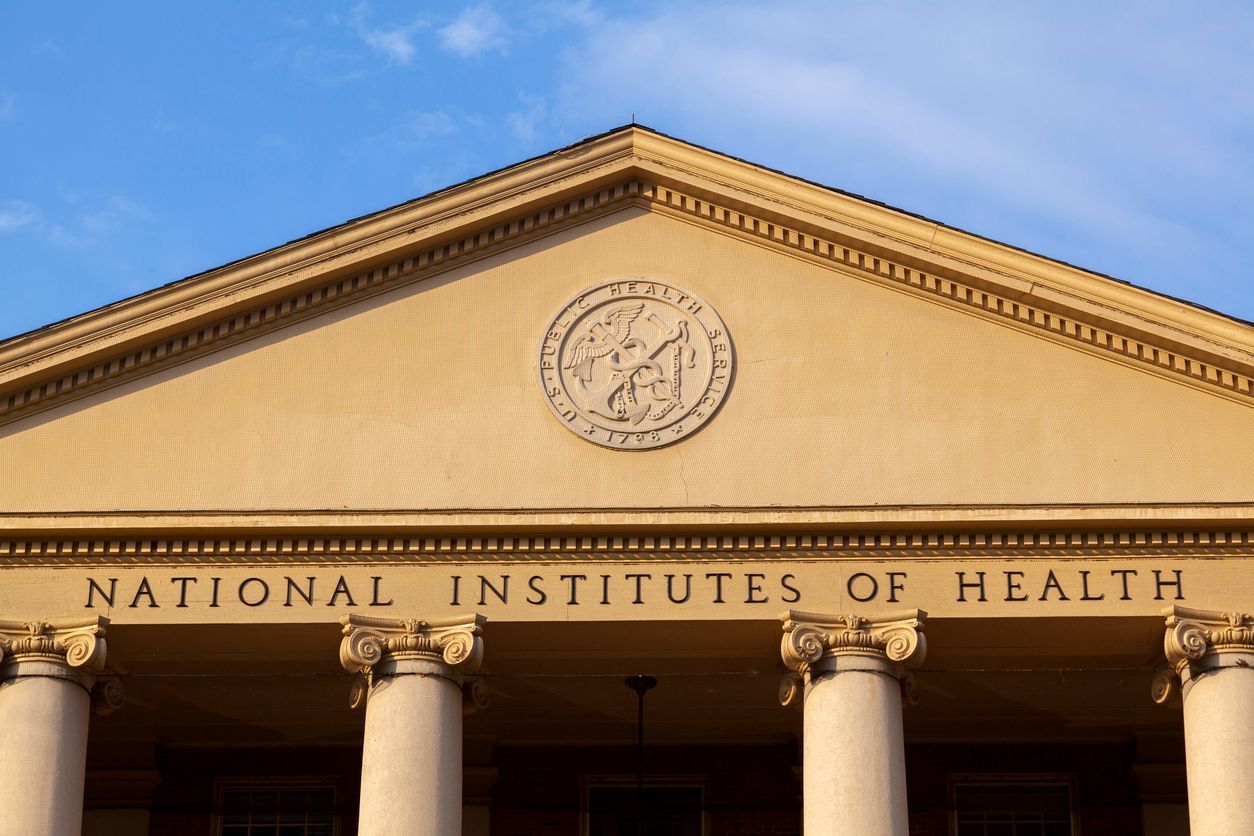Answering the Call of Disruption in Education

Disruption creates challenges. It instigates uncertainty, frustration, and question. But, disruption – when productively channeled – demands innovation, collaboration, teamwork, and creative thinking. Ultimately, disruption can lead us to our ‘next new normal.’
Over the last year, we have faced significant disruption within the education sector. From K-12 to higher education to professional life-long learning, educators and students adjusted on the fly. Learners had to quickly adapt to a virtual environment, and educators had to instantaneously pivot to adopt new, unfamiliar technologies, modify learning approaches and methods, and hope their teaching would yield similar impact with their students.
To many, the COVID-19 pandemic served as an accelerator for much needed disruption. A recent Forbes article, “COVID-19 Accelerates 3 Disruptive Trends Facing Higher Education” contemplates that, along with reinventing its cost-to-value financial model, institutions of higher education will take a ‘tech-first approach’ enabling them to adapt to student’s changing needs and improving their learning options. Institutions are also likely to consider the transition from degree-based to skills-based learning, thereby harnessing learners ready to jump-start into practice or new skills.
How are we in the scholarly publishing and society sector answering the call of this current disruption? It is critical that we too adapt and pivot. We must evolve our strategies and competencies to address these accelerated needs. Understanding and accepting our role in support of a tech-first and skills-based learning environment demands innovation, forward-thinking, and timely response and action. To answer the call, we must:
- Innovate Content – High-quality, peer-reviewed content is and will continue to be the mainstay of education. Educators trust in our resources and students gain confidence knowing their learning is steeped in evidence and accuracy. As we innovate the experience educators and learners have with our solutions, we must ensure our content assets continue to reflect the call of our educator and student users. This requires taking a hard look at your content development processes to address a number of key questions. How are you evolving your range of content assets to address skills-based topics? Are you considering approaches that will combine and integrate content in meaningful and innovative ways? Are you leveraging opportunities to deliver increased value for your educator and student user base while simultaneously creating enhanced revenue for your organization?
- Amplify Engagement – Skills-based learning amplifies the need for content and resources to be interactive and dynamic. Solutions must be very flexible, allowing for ease of application across emerging teaching methods which strive to enhance learner engagement and applied knowledge. To be successful, think about what approaches you are taking to make your education resources more dynamic, interactive, and flexible. What innovations are you introducing that will uniquely engage the learner and provide opportunities for educators to interact with their students in impactful ways?
- Embrace Technology – When faced with recent disruption, institutions, educators, and learners with a vibrant technology landscape were more readily able to pivot. To answer the call of an increased tech-first market, we too must place high priority on embracing technology and establishing innovation competency. Ask yourself, do you have full understanding of your users’ technology needs, expectations, and requirements? How are you utilizing technology to enhance and innovate current and new solutions? Are you embracing alliances and partnerships that advance your technology capabilities?
As we continue to support the changing, emerging needs, and evolution of the education sector, it is imperative that we embrace the positive impact of disruption, productively explore, and channel the possibilities, and actively answer its call.
Delta Think will continue the exploration of this evolving conversation with a second installment and webinar invitation in mid-March. Our webinar will bring together an expert panel of educators, administrators, and students to review available research into emerging teaching and learning models, Each panelist will share insights regarding their evolving challenges, needs and opportunities, and discuss ideas about how you can support their mission.













